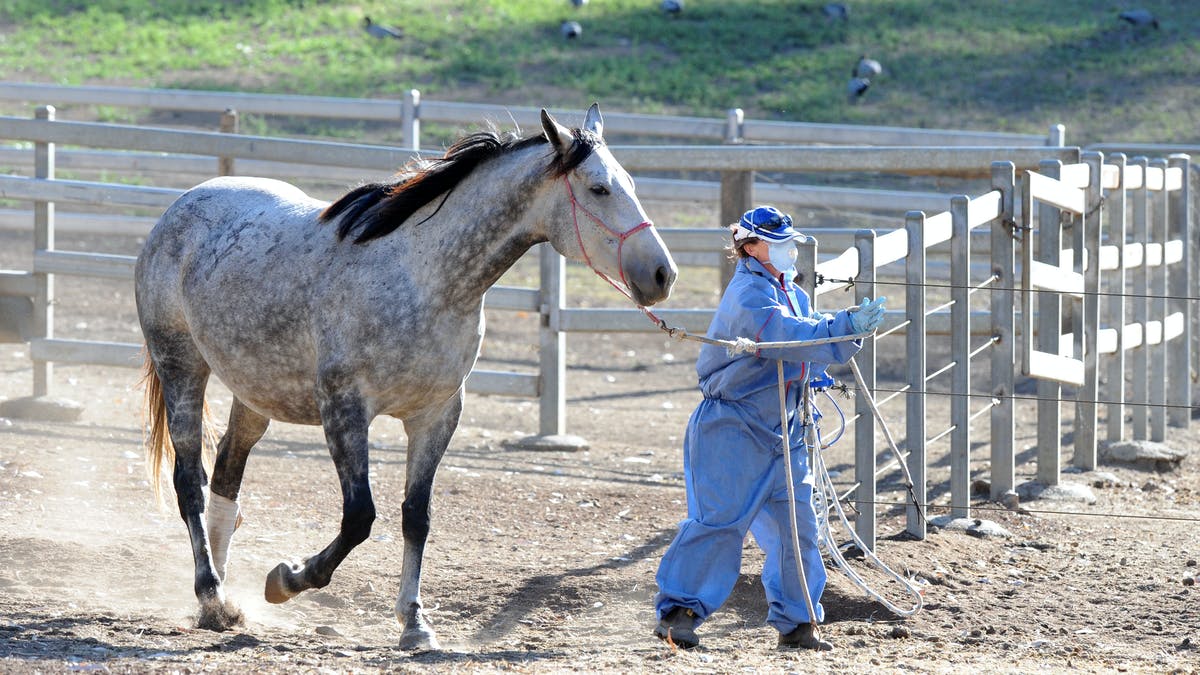| A new genetic type of Hendra virus has been identified in a horse in New South Wales, the most southern detection of Hendra virus in a horse to date.
The new virus was also detected earlier this year in historical flying fox (fruit bat) samples, including in Victorian samples from grey-headed flying foxes collected for other testing, going back to 2013.
Please read this latest health alert from Chief Health Officer Victoria, Professor Brett Sutton.
Date issued: 27 October 2021
Issued by: Adjunct Clinical Professor Brett Sutton, Chief Health Officer
Issued to: Victorian health professionals and consumers
Key messages
- A new genetic type of Hendra virus has been identified in a horse in New South Wales, the most southern detection of Hendra virus in a horse to date.
- The new virus was also detected earlier this year in historical flying fox (fruit bat) samples, including in Victorian samples from grey-headed flying foxes collected for other testing, going back to 2013.
- To date there have been no cases of Hendra virus infection in horses or people in Victoria, and the level of risk remains unchanged.
- Hendra virus can infect horses, which can then transmit the infection to humans. While there is no cure, specific treatment or vaccine for Hendra virus in humans, there is a vaccine to protect horses.
- Hendra virus can cause a self-limiting influenza-like illness in humans, but in some cases, this can progress to either severe pneumonia or encephalitis, which can be fatal.
- Clinicians should be alert for symptoms of Hendra virus infection in patients who work closely with horses.
- The flying fox is the natural host for Hendra virus, but the virus is not known to be transmitted from flying foxes to humans.
- Horse owners should avoid contact with a sick horse, particularly when Hendra virus infection is suspected.
Read the full advisory: New Hendra virus genotype discovered |





